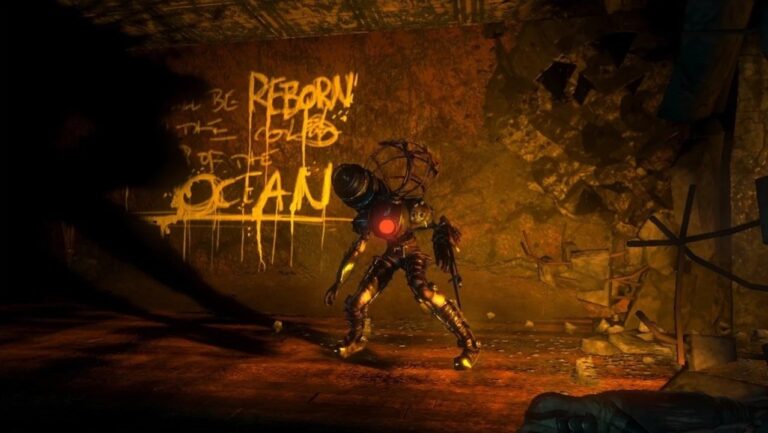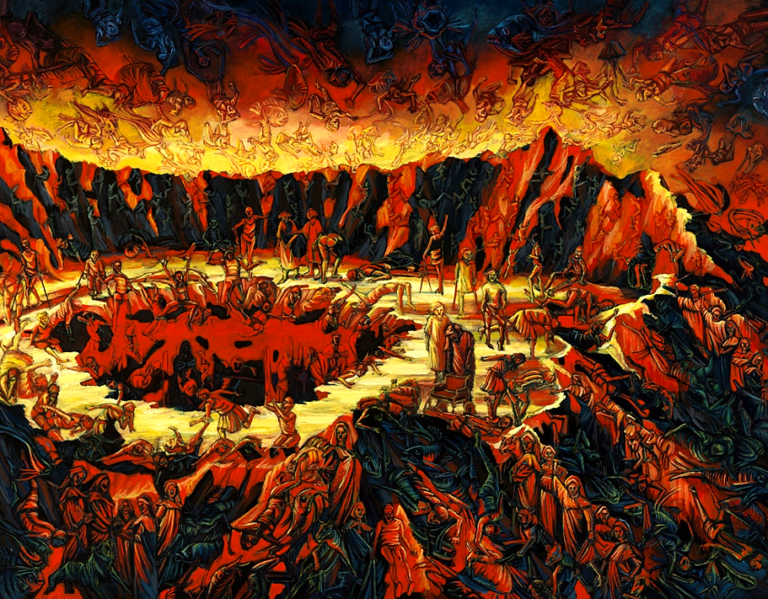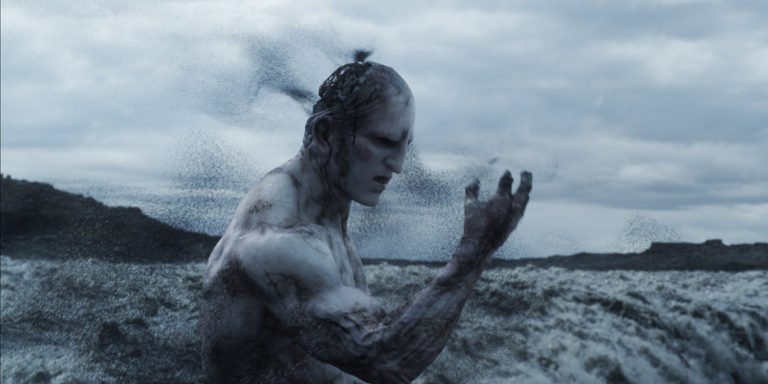I recently replayed Bioshock and, having now familiarized myself with Ayn Rand and her ideology, it made...
philosophy
In case I haven’t made it obvious yet, I love the Dark Souls franchise. I adore the challenging,...
Although it seems to have cooled off slightly in the last couple years, western culture seems to...
So in the past week, there has been quite a bit of excitement after the discovery of...
I was originally planning on integrating this post into my last blog entry about the Pope, but...




